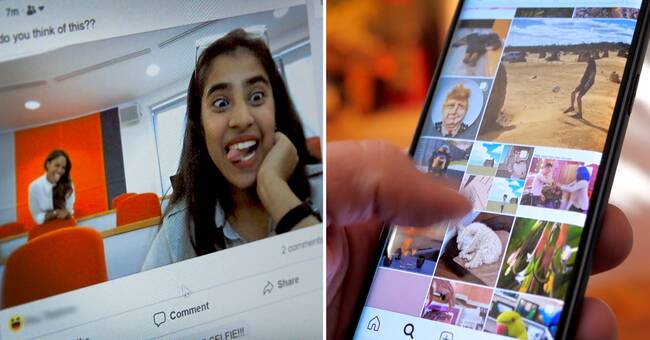Our consumption of the internet and social media has increased during the pandemic, at least in 2020, the Internet Foundation's annual survey shows.
How the use affects us depends on several factors, including whether we are active or passive online.
In the world of science - Boost your mental well-being, sports medicine researcher Lee Smith is conducting an experiment among his students to see how the way they interact on social media affects their mood.
Increased self-confidence
In the experiment, the students first had to passively scroll and read other people's posts, but not interact.
In the second part, they were active and created their own posts and commented on others.
- In the passive group, you felt a little worse than before.
But in the active group, you actually felt better after the activity than before.
And in the active group, they were also significantly more confident afterwards than they had been before, says Lee Smith.
"Passive people are at greater risk for depression"
His results are in line with previous research, that passive online presence is worst for the moon.
- A US study shows that those who use social media passively run a 33 percent greater risk of developing symptoms of depression.
While those who were active reduced their risk by 15 percent, says Lee Smith.
Breakpoint at three hours
However, there seems to be a limit to three hours of daily use of social media.
- Those who are more than three hours online seem to have much worse mental health than those who are there for a shorter time than that, says Lee Smith.
Want to know more about how we can improve our mood? Watch Boost your mental well-being in the World of Science on Monday 23 August on SVT2, at 20.00. The program can also be seen already now on SVT Play.

